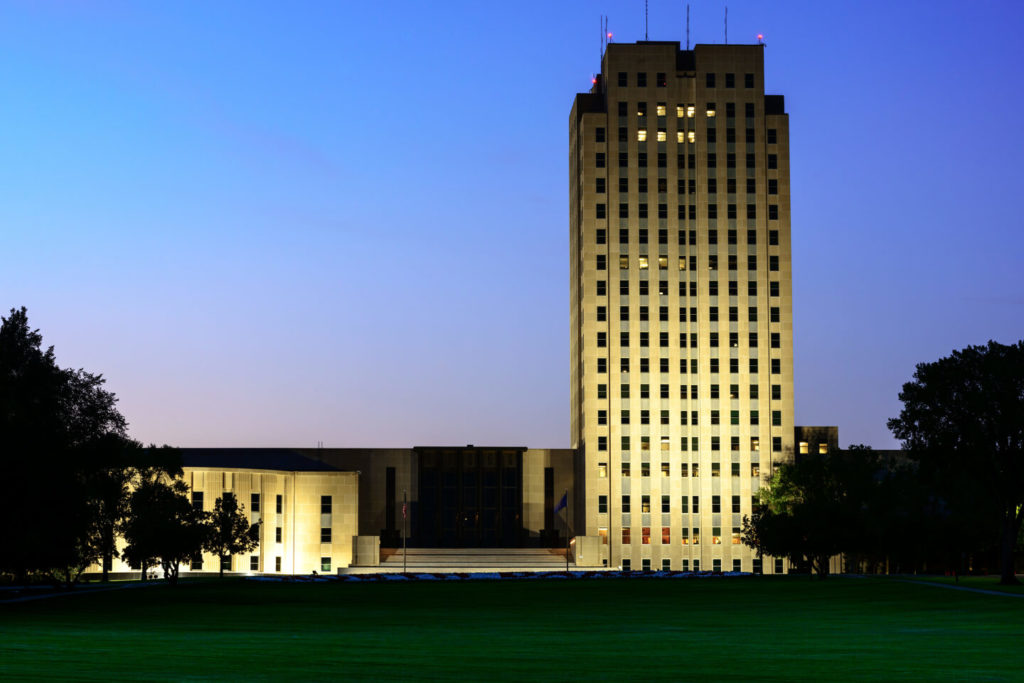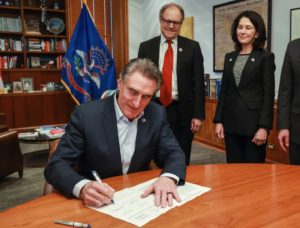North Dakota House fails to override Burgum veto over pronoun use, speed limit
(The Center Square) – The North Dakota House of Representatives did not get the two-thirds majority needed to override a veto by Gov. Doug Burgum on a bill concerning pronoun use in…

(The Center Square) – The North Dakota House of Representatives did not get the two-thirds majority needed to override a veto by Gov. Doug Burgum on a bill concerning pronoun use in schools.
Senate Bill 2231 would have barred school districts from creating policies about pronoun use. The bill would have also protected teachers from being forced to use preferred pronouns.
Burgum vetoed the bill last week, and the Senate voted to override the veto the same day by a vote of 37-9. The House needed 63 members to override the veto. The vote tally was 56-36, with two representatives not voting.
The governor said in his veto letter that the First Amendment already protects teachers from speaking contrary to their beliefs.
“The teaching profession is challenging enough without the heavy hand of state government forcing teachers to take on the role of pronoun police,” Burgum said.
The American Civil Liberties Union of North Dakota called the vote “welcome news.”
“No one is harmed by allowing teachers, administrators and counselors to adopt inclusive policies that acknowledge the gender identity of their students,” the organization said in a Twitter post.
The House also failed to override House Bill 1475, which would have increased the speed limit on North Dakota’s highways from 75 mph to 80 mph.
The governor said in his veto letter that he could not support higher speed limits in the state without a primary seat belt law. State law prohibits law enforcement from pulling over drivers for a seat belt violation. Drivers can be ticketed if they are not wearing a seat belt and are pulled over for another offense.
“Increasing the maximum speed limit on interstate highways increases both the risk of speed-related crashes and the potential severity of such crashes,” Burgum said. “From 2017 to 2021, 178 people died in speed/aggressive driving-related crashes in North Dakota, and speeding or traveling too fast for conditions is a factor in approximately 30% to 40% of all fatal crashes in North Dakota each year. A study by the Insurance Institute of Highway Safety found that a five mph increase in the speed limit is associated with an 8.5% increase in fatality rates on interstate highways and freeways.”
The vote was 58 in favor of overriding the veto and 34 against it. Two representatives did not vote.


